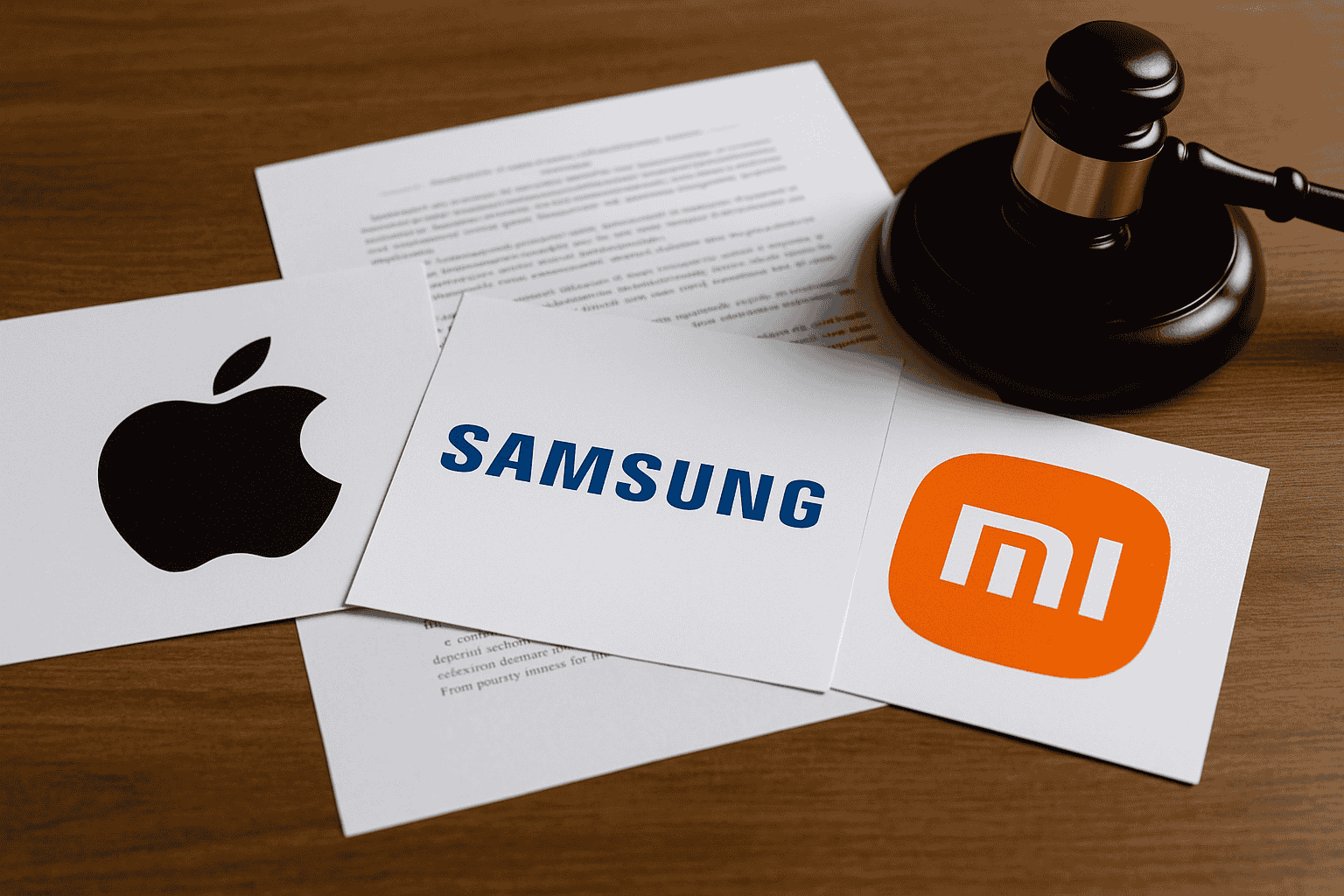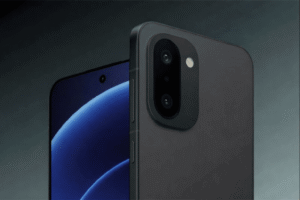Apple and Samsung have joined forces to file a lawsuit against Xiaomi, one of the fastest-growing technology brands in the world. The lawsuit is reportedly linked to patent infringement and intellectual property violations, sparking widespread debate across the industry about innovation, competition, and the future of smartphone technology.
The Case Against Xiaomi
Apple and Samsung, long-standing rivals in the smartphone arena, rarely find themselves on the same side of a legal dispute. However, this lawsuit represents a rare alliance, underscoring how seriously they view Xiaomi’s rise in global markets. According to insiders, the legal action could involve multiple patents covering smartphone designs, user interface elements, and wireless technology.
Also read: Google Pixel Watch 4 Official: Price, Specs, and Key Features
For Apple and Samsung, safeguarding intellectual property has always been a core strategy. Both companies hold thousands of patents worldwide, ranging from basic design elements like rounded edges to advanced technologies like chipsets and display innovations. With Xiaomi’s aggressive push into regions like Europe and Asia and its growing reputation for delivering flagship-like features at mid-range prices analysts believe Apple and Samsung see the brand as a direct threat.
Xiaomi, often dubbed the “Apple of China,” has grown rapidly by offering affordable smartphones without compromising on performance. This strategy has allowed it to capture massive market share, particularly in India and Southeast Asia. Yet, the same strategy has also led to frequent accusations of copying designs and features from established giants.
Following the announcement of the lawsuit, Xiaomi issued a short official statement denying the allegations:
“Xiaomi respects intellectual property rights and operates in compliance with international standards. We believe the claims are unfounded and will defend ourselves vigorously.”
Xiaomi Tweet
If the lawsuit goes in Apple and Samsung’s favor, Xiaomi could face financial penalties, bans on certain products, or mandatory licensing fees for patented technologies. On the other hand, if Xiaomi successfully defends its case, it could strengthen its position as an independent innovator and silence long-standing criticism about imitation.
Legal experts suggest that such disputes can stretch over years, just as Apple and Samsung themselves battled in court for nearly a decade. Settlements are also possible, where Xiaomi may agree to pay royalties or licensing costs to continue using specific technologies.
Also read: Grok 5 Release in 2025: Could Elon Musk’s AI Be the First True AGI
Implications for the Smartphone Industry
The outcome of this case will likely have global implications. A ruling against Xiaomi could slow down its rapid international growth, particularly in Western markets. It may also embolden Apple and Samsung to pursue similar legal action against other fast-growing Chinese manufacturers.
For consumers, the short-term impact may be negligible, but long-term effects could include reduced competition, higher prices, or slower innovation if smaller brands face hurdles in scaling globally. Conversely, if Xiaomi wins, it could encourage newer brands to challenge the dominance of Apple and Samsung more aggressively.
Interestingly, this lawsuit highlights the unusual collaboration between Apple and Samsung, two companies that have themselves fought numerous legal battles. Analysts see this alliance as a sign of Xiaomi’s growing influence in the global market and a reminder that even bitter rivals can unite when faced with a common challenger.
What Lies Ahead
The coming months will be crucial in determining how the lawsuit unfolds. Court proceedings are expected to begin later this year, and industry experts will be watching closely for updates. Regardless of the outcome, this legal battle underscores the importance of patents and intellectual property in the highly competitive smartphone sector.
Xiaomi, which has been expanding heavily into R&D and next-gen technologies such as foldables and AI integration, may now be forced to rethink its strategy. Apple and Samsung, meanwhile, aim to send a clear message: protecting innovation is non-negotiable.
As the legal storm brews, one thing is clear the result of this case could redefine the balance of power in the smartphone industry for years to come.
FAQs
Why are Apple and Samsung suing Xiaomi?
The lawsuit reportedly involves patents related to smartphone design, software features, and wireless communication technologies.
Could Xiaomi phones be banned?
Yes, if Apple and Samsung win, Xiaomi could face product bans in some regions, though settlements or licensing deals are also possible.
Has Xiaomi faced similar cases before?
Yes, Xiaomi has previously been sued in Europe and India over patent disputes, though this is one of the highest-profile cases involving both Apple and Samsung.
How will this affect smartphone buyers?
Consumers may not feel immediate effects, but in the long run, reduced competition could lead to higher prices and fewer choices in the market.
Can Xiaomi still win?
Yes. If Xiaomi proves its innovations are original or properly licensed, it could emerge stronger and more credible in the global market.







